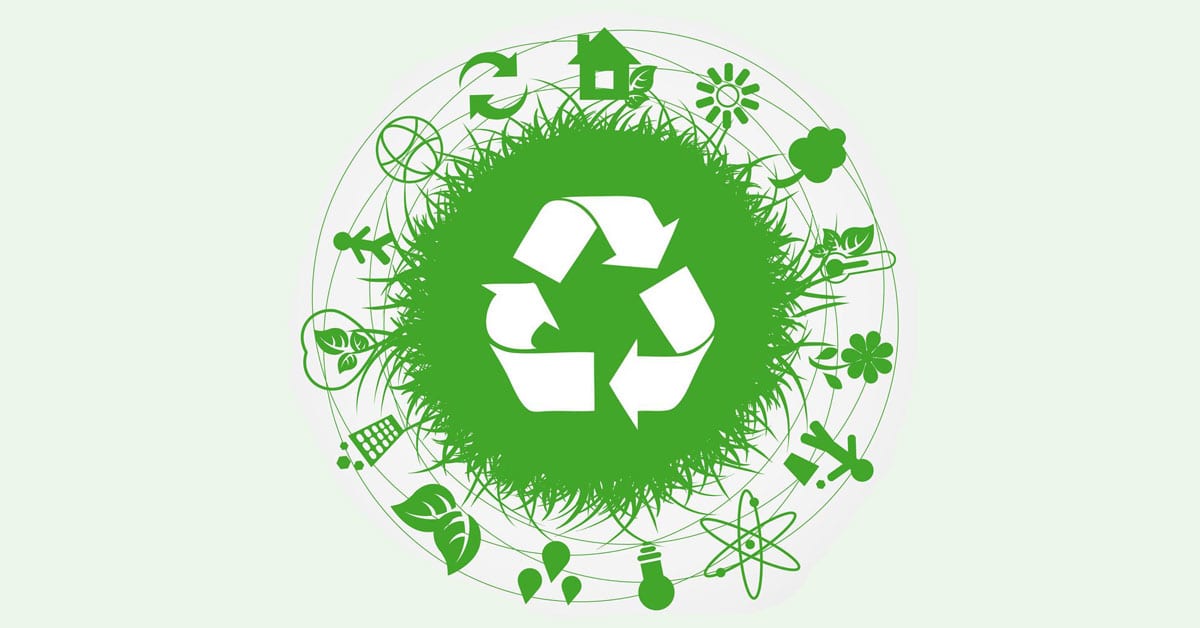Recycling commonsense – clear and simple communications are key to cutting waste

Clear simple communications are so often the key to real change. A simple message understood at a glance and delivered with impact has been known to change the way a nation thinks. Most recently the image of a whale with her dead calf “poisoned” by plastic has done just that. Rarely does a television programme
Clear simple communications are so often the key to real change. A simple message understood at a glance and delivered with impact has been known to change the way a nation thinks. Most recently the image of a whale with her dead calf “poisoned” by plastic has done just that.
Rarely does a television programme have such an impact as that of Blue Planet. The message was simple – “Plastics are bad for our planet”.
The BBC programme appears to have triggered, or at the very least speeded up, the drive to a plastic packaging free UK. Big names are queuing up to demonstrate their green credentials and improve reputation – Iceland led the pack by announcing they want to be plastic free for their own brands within five years (McDonalds and Waitrose announced their plans shortly afterwards). The high street names are recognising that the nation wants change and none want to be seen to be dragging their feet.
It is probably unfair to take too cynical a view of this approach – there does appear to be a real momentum from big business to make a difference. More businesses are recognising that they can’t ignore green issues. Paying lip service, or greenwashing, is not an option (turning the office lights off at night will no longer suffice). Regulations, public pressure and customer expectations mean the bottom line now needs to take into account people and planet as well as profit.
The government has even realised it can’t be left behind, announcing its 25-year Environment Plan with a firm focus on cutting the use of plastics (and yes probably using it to soften their images and attract younger voters).
But while the corporate world starts its green transition, the UK public is left to fathom out how they recycle the mass of plastics that enter their households each week (and will continue to for several years to come). Can you honestly say you know which plastic bottles and containers can and can’t be recycled in your local area? The wrong piece of plastic in your recycling bin can so easily contaminate the rest and put pay to your recycling efforts.
The UK’s approach to recycling is inconsistent at a local authority level, to say the least. A lack of clear national direction means every local authority has a different system for recycling. This means significant differences, for example, in the types of plastics that can be recycled.
You’ll be familiar with some of the symbols on the packaging (see how many you can identify from this site – https://www.recyclenow.com/recycling-knowledge/packaging-symbols-explained) – more than 15 to remember next time you throw away that jam jar.
But the number of recycling messages is not just the problem – you want to recycle and may understand the symbol – but you may still not be clear what you can recycle in your local area. And this is where things fall apart – lack of clear and simple messages for householders about what can be thrown in their bins. At our office, we have to check through a list to see what can and can’t be recycled locally.
Through our work in this sector, we know the key to increasing recycling is simple and clear messaging, coupled with convenience. If we are going to achieve any meaningful changes we need to make recycling a reflex action (as easy as we have thrown rubbish away in our bins in the past). That starts with simple messages in plain language – not a brainteaser exercise. We then need to add to that a local recycling system which is consistent across the UK and only involves a few choices.
Recycling could then be a household chore that stops being a chore for the rest of the planet.
Recent blog posts
- Transparency and honesty are key for telling your green stories
- Crisis management can sometimes be just a sincere apology
- Greenwashing is top of the meeting agenda
- Social care in the pandemic – a sector of heroes
- Winds of change or blowing in the wind?
- “Give us good news for a change,” say the newsdesks
- Coronavirus – get the message right
- The news source dilemma
- No more cat and dog videos….Really?
- Video – keep it simple
- Identify the risks to your reputation
- Making staff your social media ambassadors
- Getting connected
- It’s good to talk
- Loose words will damage your reputation
- 10 days to approve a tweet – something is wrong
- Thought leadership – let the world know your original thinking
- Recycling commonsense – clear and simple communications are key to cutting waste
- Challenge the norm to stand out… but leave the rock n’ roll to Liam Gallagher
- NHS story tellers – blood, sweat and tears (and a good story) are needed to make the headlines
- It was the tweet wot won it (well almost!)
- Fake news – how about fewer fake reporters?


